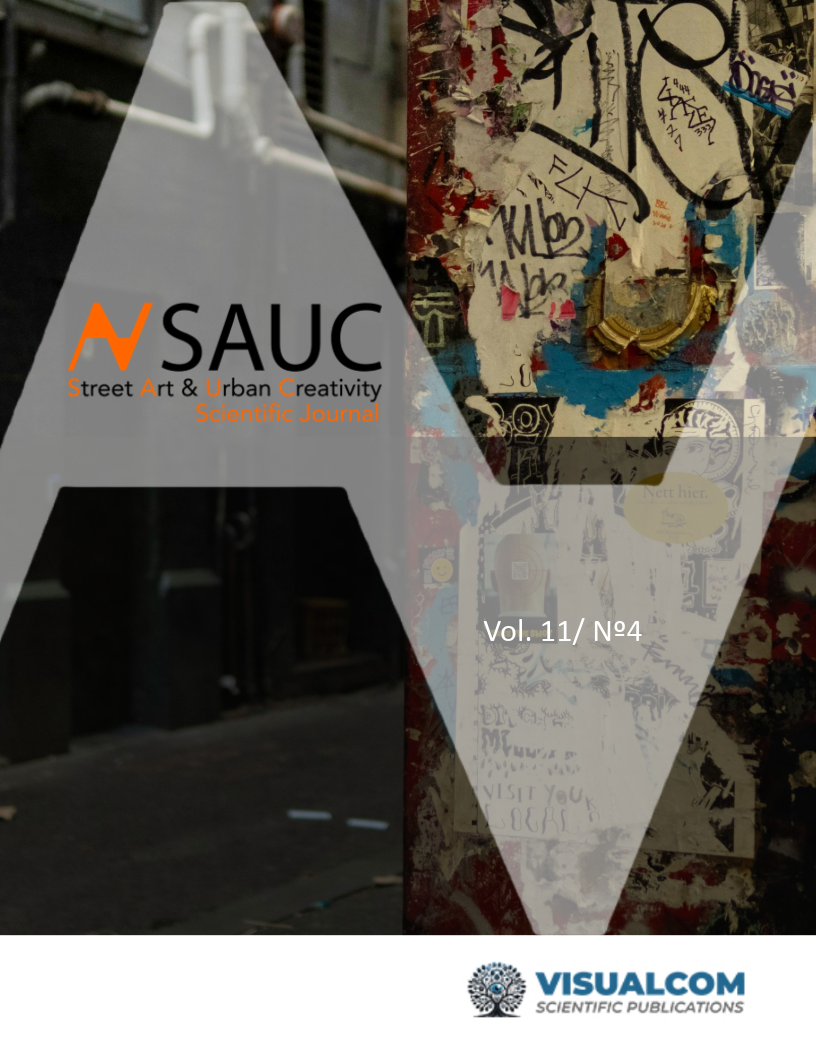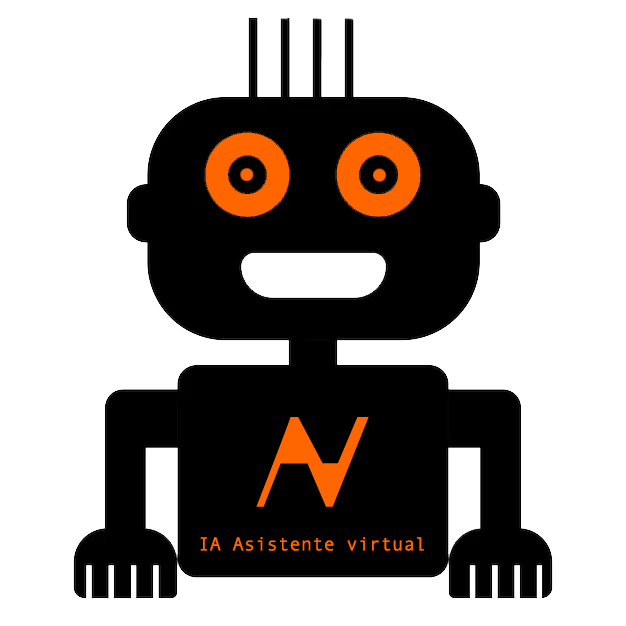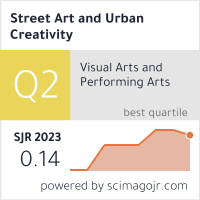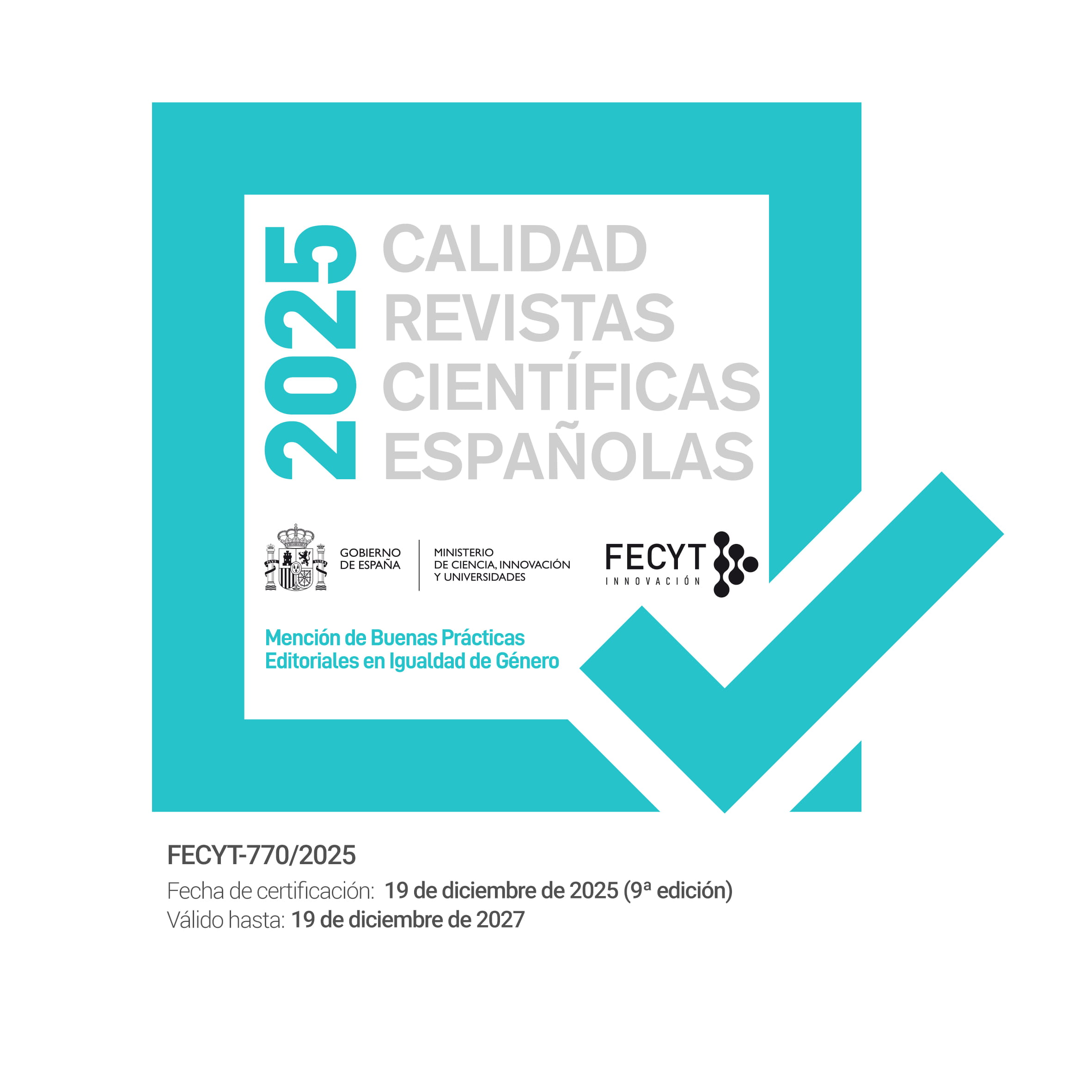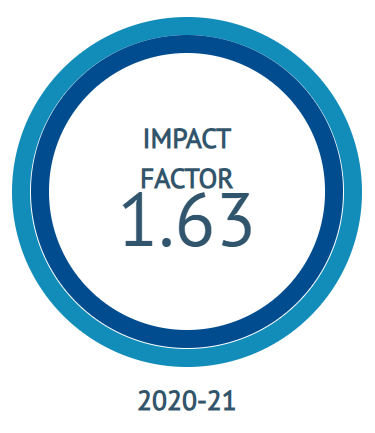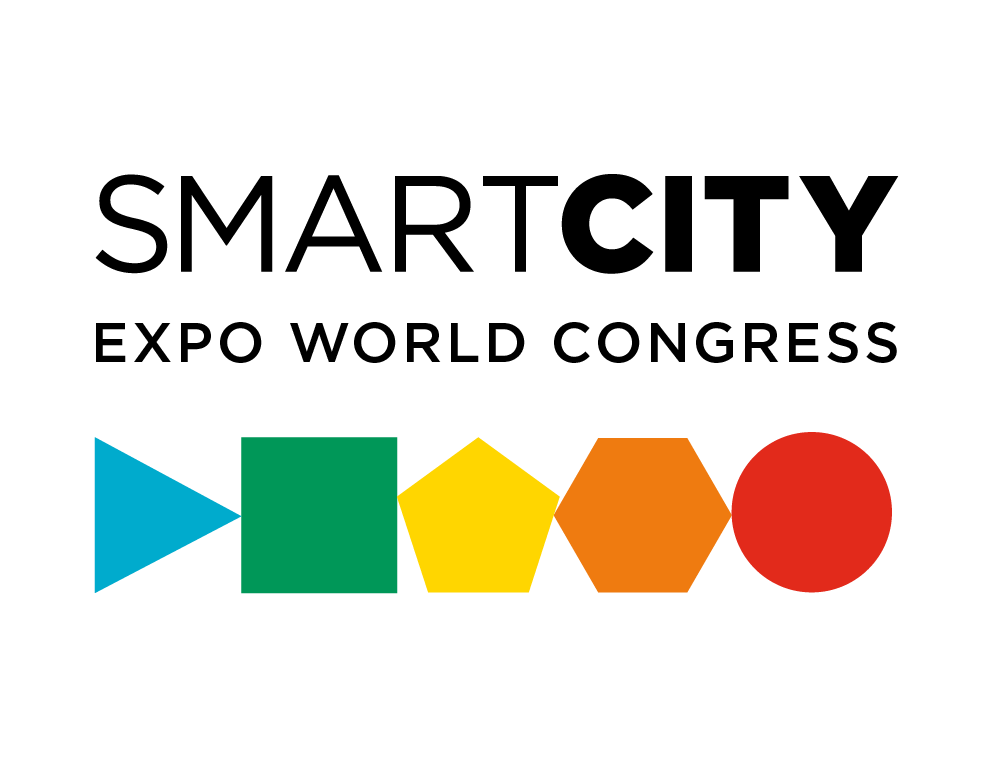The music festival as a tourist attraction
DOI:
https://doi.org/10.62161/sauc.v11.5803Keywords:
Music festival, Cities, Tourism, Branding, Visual identityAbstract
The present study sets out to explore the potential of musical culture as a promotional strategy to enhance the tourist appeal of cities, specifically through the medium of music festivals. To this end, a market study is conducted with a view to proposing a distinctive festival whose visual and verbal identity is in accordance with cultural market trends. Finally, a questionnaire is administered to the target audience in order to assess the effectiveness of the festival as a tourist attraction. The positive results obtained thus far serve to further advance knowledge about the relationship between musical cultural events and tourist attraction, thereby providing a valuable foundation for future research and tourism promotion strategies. This work contributes to the understanding of the intersection between music, marketing and urban tourism.
Downloads
Global Statistics ℹ️
|
441
Views
|
570
Downloads
|
|
1011
Total
|
|
References
Barenboim, D. (2023, 16 mayo). Esa fuerza inexplicable y transformadora. El País. https://elpais.com/ideas/2023-05-16/esa-fuerza-inexplicable-y-transformadora-la-musica-segun-barenboim.html
Cea d’Ancona, M. Á. (2007). Metodología cuantitativa: Estrategias y técnicas de investigación social. Síntesis.
Dillman, D. A. (2011). Mail and Internet Surveys: The tailored design method — 2007 update with new Internet, visual, and mixed-mode guide (2.ª ed.). John Wiley & Sons.
Izen, S. C., Cassano-Coleman, R. Y., & Piazza, E. A. (2023). Music as a window into real-world communication. Frontiers in Psychology, 14, 1012839. https://doi.org/10.3389/fpsyg.2023.1012839
La Biennale di Venezia. (2023). History. La Biennale di Venezia. https://www.labiennale.org/en/history
Masset, J., & Decrop, A. (2024). ‘Tomorrowland’: Identity construction and expression through flags and costumes in a music festival. Leisure Studies. 1-20. https://doi.org/10.1080/02614367.2024.2353589
Mena, M. (2021, 14 abril). Los géneros musicales que el mundo está escuchando. Statista. https://es.statista.com/grafico/25305/encuestados-que-escuchan-los-siguientes-generos-musicales-a-traves-de-servicios-de-musica-digital/
Milo, A., & López, A. I. (2018, 17 enero). ¿Cuál es el origen de la palabra “música”? Conoce la historia detrás. National Geographic en Español. https://www.ngenespanol.com/traveler/la-palabra-musica-viene-de-las-musas-grecia/
Montero, N. (2023, 29 noviembre). Estas son las canciones más escuchadas en España en 2023: El reggaetón triunfa. El Periódico de España. https://www.epe.es/es/ocio/20231129/canciones-mas-escuchadas-espana-2023-reggaeton-dv-95255016
Perrella, T. (2017). More than a tent: A case study on live brand experiences at Coachella Music Festival (Trabajo fin de grado, California Polytechnic State University, San Luis Obispo, EE. UU.). DigitalCommons@CalPoly.
Plaza, B. (1999). The Guggenheim-Bilbao museum effect: A reply to María V. Gómez, “Reflective images: The case of urban regeneration in Glasgow and Bilbao”. International Journal of Urban and Regional Research, 23(3), 589–592. https://doi.org/10.1111/1468-2427.00215
Rey-Gayoso, R., & Reboredo, C. D. (2021). Música trap en España: Estéticas juveniles en tiempos de crisis. AIBR: Revista de Antropología Iberoamericana, 16(3), 583–607. https://doi.org/10.11156/aibr.160307
Richards, G., & Leal Londoño, M. del P. (2022). Festival cities and tourism: Challenges and prospects. Journal of Policy Research in Tourism, Leisure and Events, 14(3), 219–228. https://doi.org/10.1080/19407963.2022.2087664
Rkayna Farfán, A. (2020). Festivales de música y turismo en España: Impactos económicos, sociales y medioambientales (Tesis de maestría, Universidad de Sevilla). https://hdl.handle.net/11441/102794
Robinson, R. (2016). Music festivals and the politics of participation. Routledge.
Rodríguez, L. M. (2019). Experiencias de consumo como nuevos productos turísticos: La promoción de festivales y eventos en la Ciudad Autónoma de Buenos Aires (Tesis de maestría). Universidad de Buenos Aires, Repositorio institucional. http://dx.doi.org/10.5354/0717-5051.2018.52597
Saldaña Morales, D., & Víbora Reyes, I. (2019). La música urbana a través de los medios de comunicación: El País, El Mundo, Los 40, Cadena 100 y Vice (Trabajo fin de grado). Universidad de Sevilla. https://hdl.handle.net/11441/91190
Salicio Cecilia, L. (2019). Planificación, organización y creatividad en un evento musical: Arenal Sound Festival (Trabajo fin de grado). Universidad de Navarra, Repositorio institucional.
Downloads
Published
How to Cite
Issue
Section
License
Copyright (c) 2025 Authors retain copyright and transfer to the journal the right of first publication and publishing rights

This work is licensed under a Creative Commons Attribution-NoDerivatives 4.0 International License.
Those authors who publish in this journal accept the following terms:
-
Authors retain copyright.
-
Authors transfer to the journal the right of first publication. The journal also owns the publishing rights.
-
All published contents are governed by an Attribution-NoDerivatives 4.0 International License.
Access the informative version and legal text of the license. By virtue of this, third parties are allowed to use what is published as long as they mention the authorship of the work and the first publication in this journal. If you transform the material, you may not distribute the modified work. -
Authors may make other independent and additional contractual arrangements for non-exclusive distribution of the version of the article published in this journal (e.g., inclusion in an institutional repository or publication in a book) as long as they clearly indicate that the work was first published in this journal.
- Authors are allowed and recommended to publish their work on the Internet (for example on institutional and personal websites), following the publication of, and referencing the journal, as this could lead to constructive exchanges and a more extensive and quick circulation of published works (see The Effect of Open Access).

